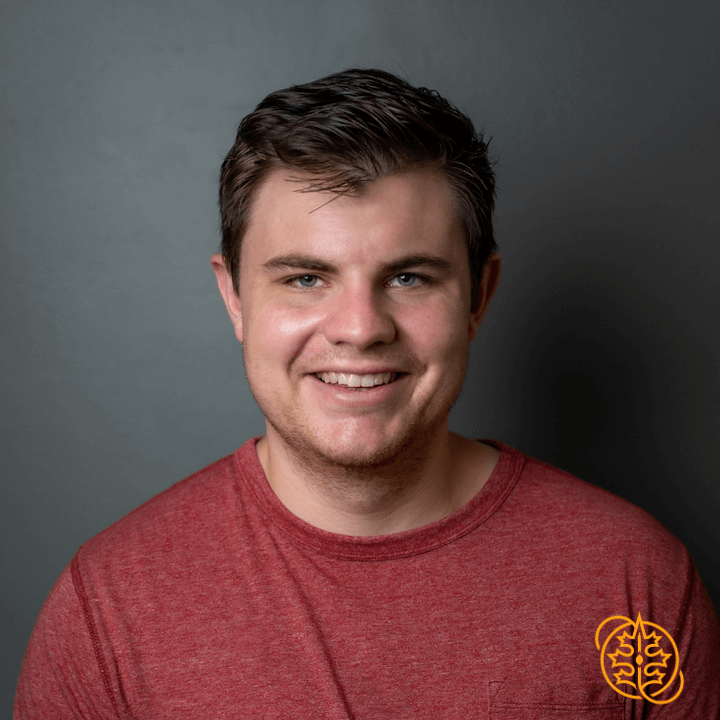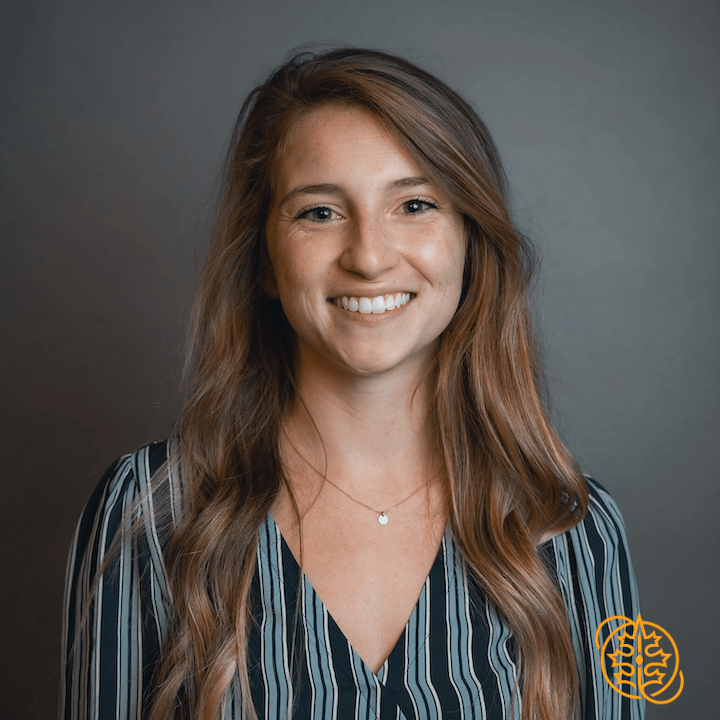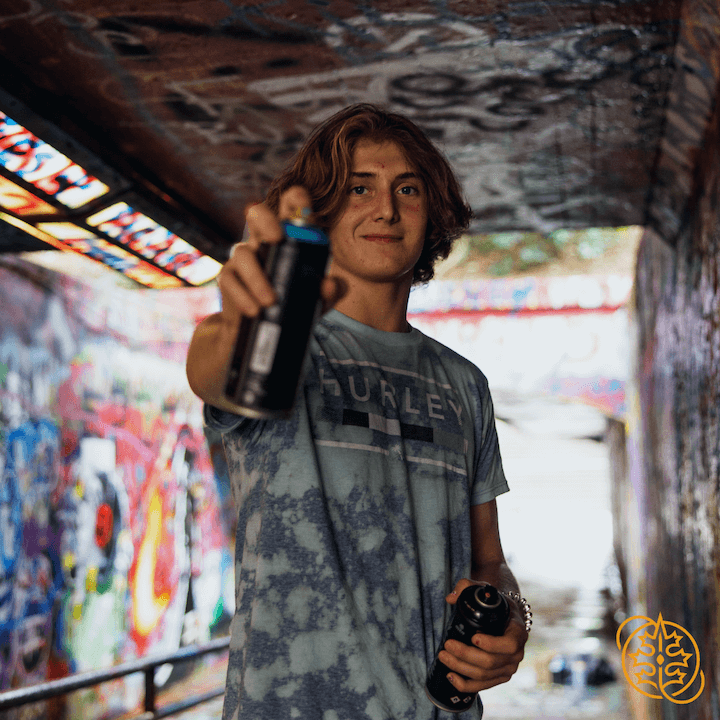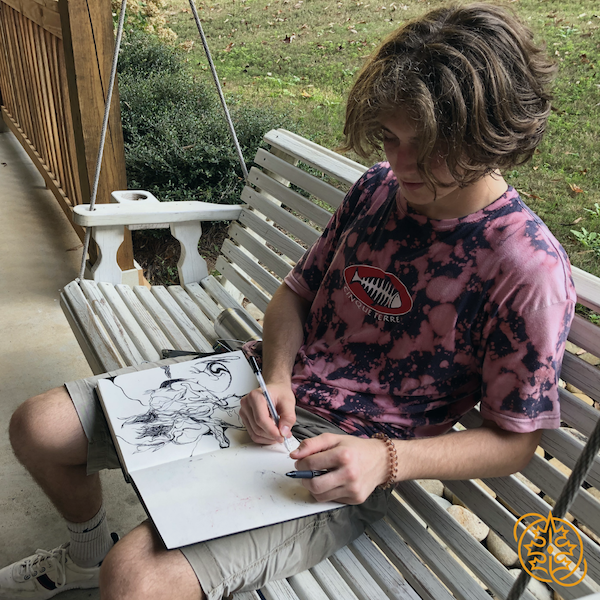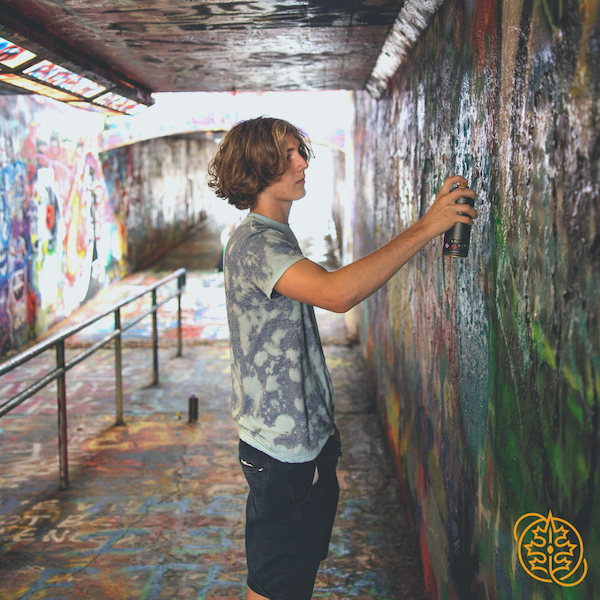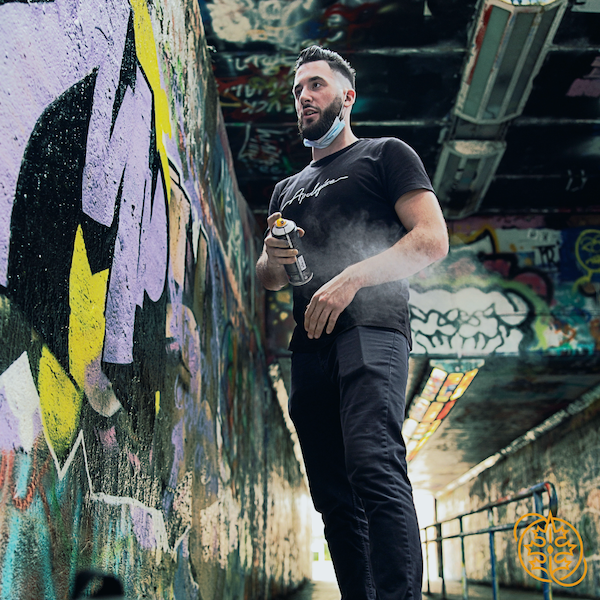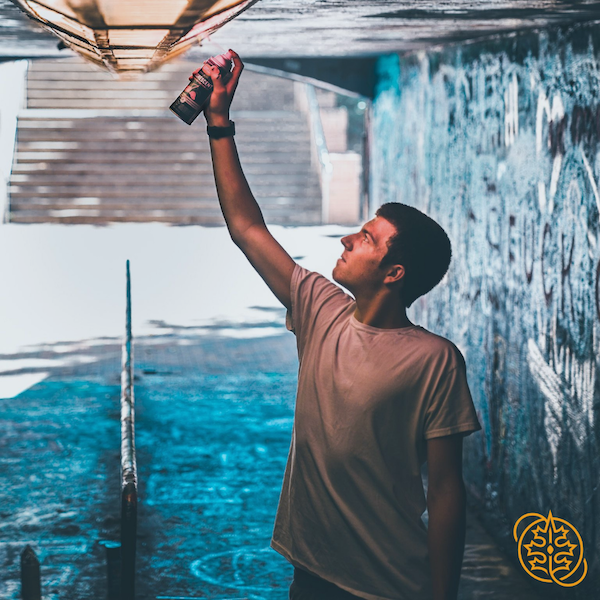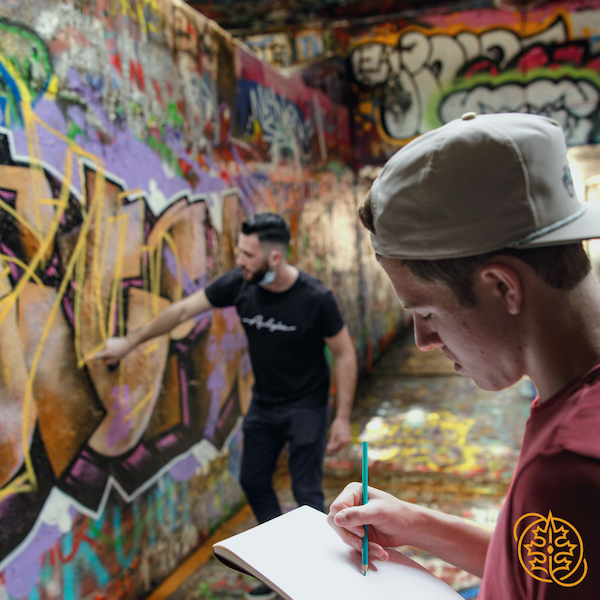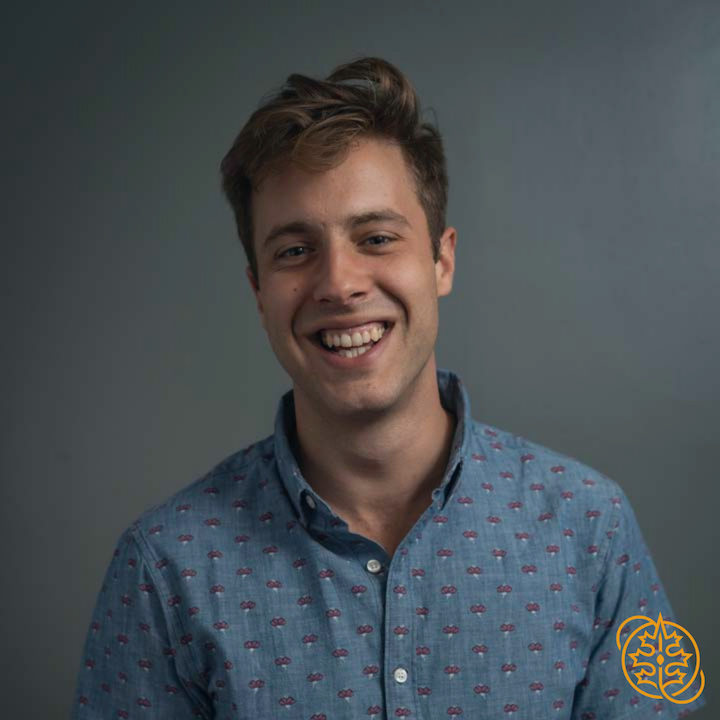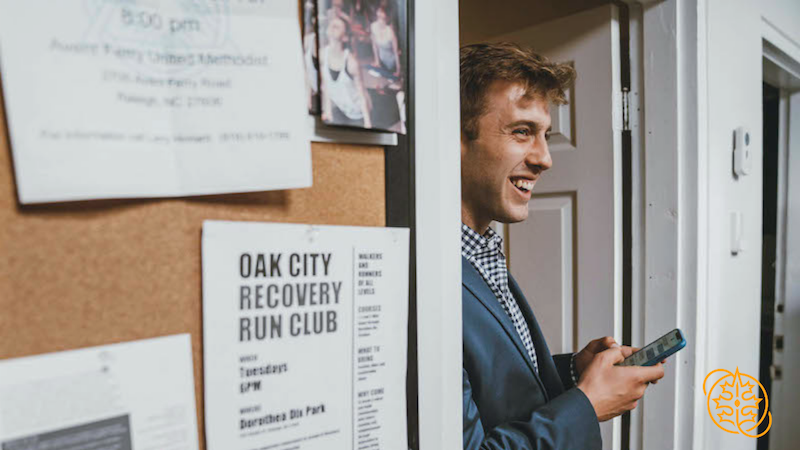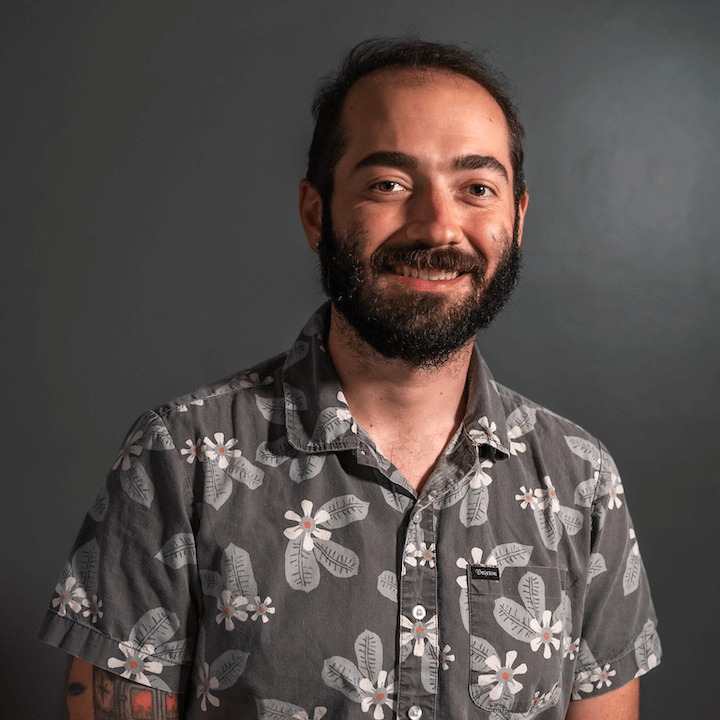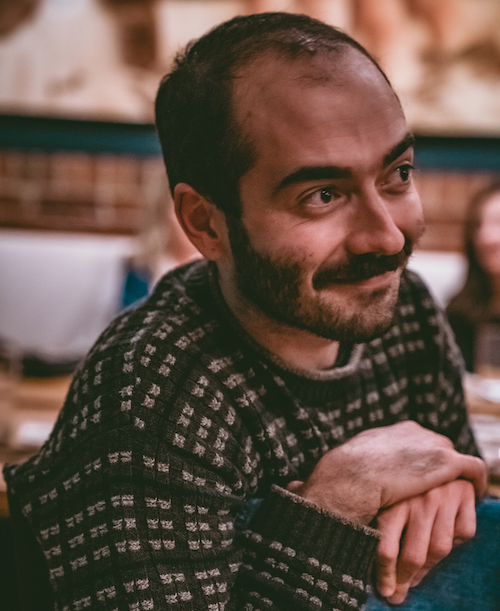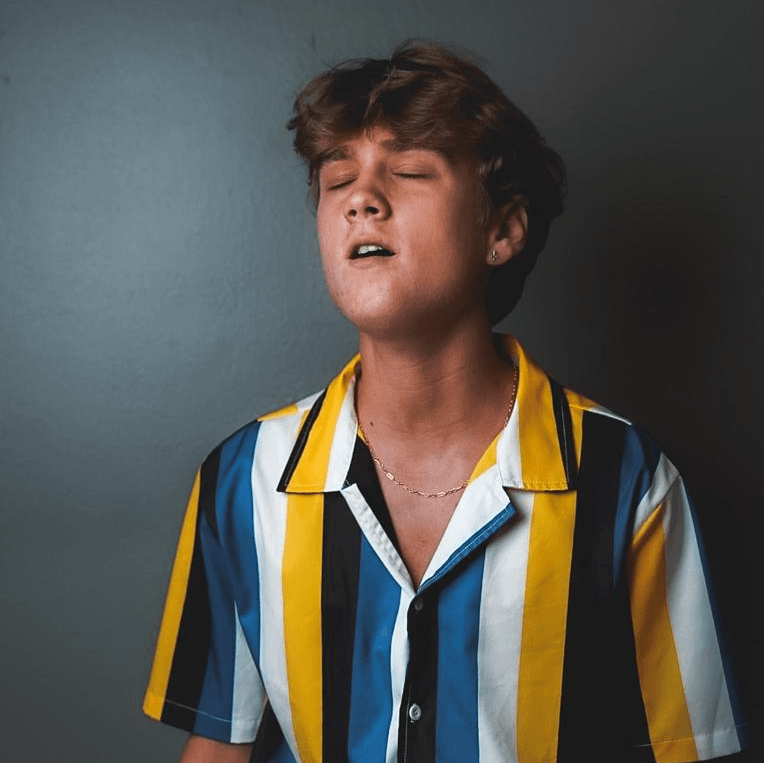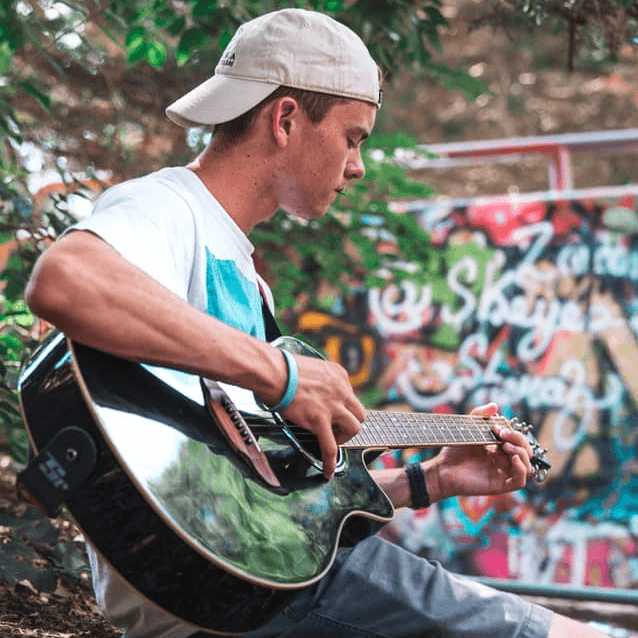
For young men beginning their journey in recovery, one of the most common misconceptions is that once drugs and alcohol are given up, life is destined to be boring and empty. At Green Hill, we strive to make sure that our residents have ample evidence to the contrary.
Will (28) had been struggling with addiction for years, his world becoming smaller and smaller. He described living life feeling lonely, detached, depressed, and aimless. Despite recognizing the need for treatment, and appreciating the potential structure of a transitional living program, Will still harbored many concerns about recovery and how it would impose limitations on his life and future.
Drew (20) knew he needed help and wanted to change his trajectory, but he was worried about losing the freedom to pursue the things he loved while in treatment. One of the most important parts of Drew’s life was outdoor activities like hiking and biking, and he felt skeptical that he’d still be able to follow his passions during treatment. He wasn’t sure if a program like Green Hill would allow him any opportunities for fun or to pursue his own interests.
These concerns are common for incoming clients at Green Hill. They recognize that while structure is an important part of a sober living environment, they also desire space to explore and pursue their interests. We believe it is part of our mission at Green Hill to ensure our residents have ample support to pursue their passions. We have built a culture which encourages teamwork, human connection, and growth. For Will and Drew, we found some unique ways to help them feel like they belong and experience the freedom to explore.
Working with Will and Drew, we found that a shared love of the outdoors and the support of our staff helped them become Green Hill’s resident expeditionary adventure team. As of this writing, Will and Drew have just returned from a self-planned camping trip and hike with other residents and are already planning the next one. And that’s not all!
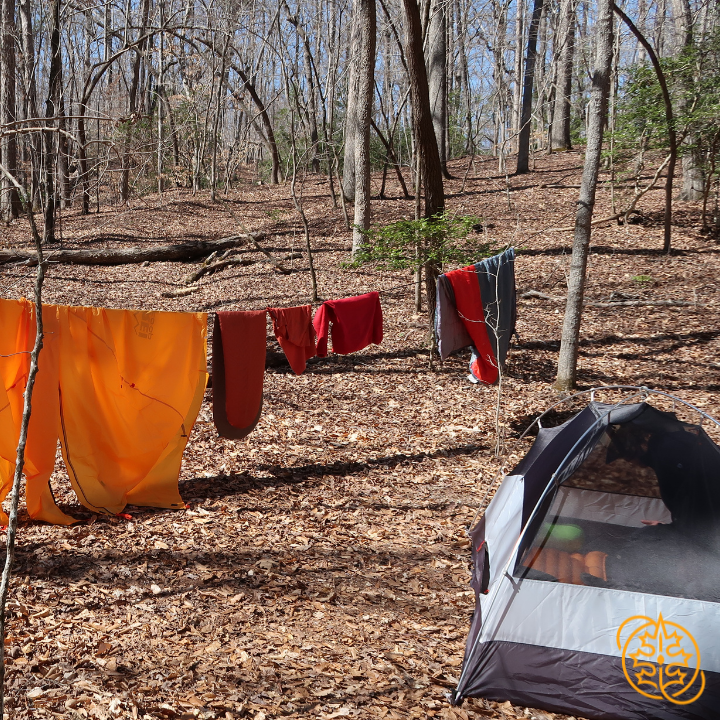
In addition to hiking and camping, Will and Drew both enjoy biking. In fact, several other residents brought bikes and enjoy riding. The revelation that biking was a shared interest among residents inspired Will and Drew to create something cool for the house. As their service project, Will and Drew built a specialized bike rack and storage system to help accommodate all Green Hill’s bikers and outdoorsmen, current and future.
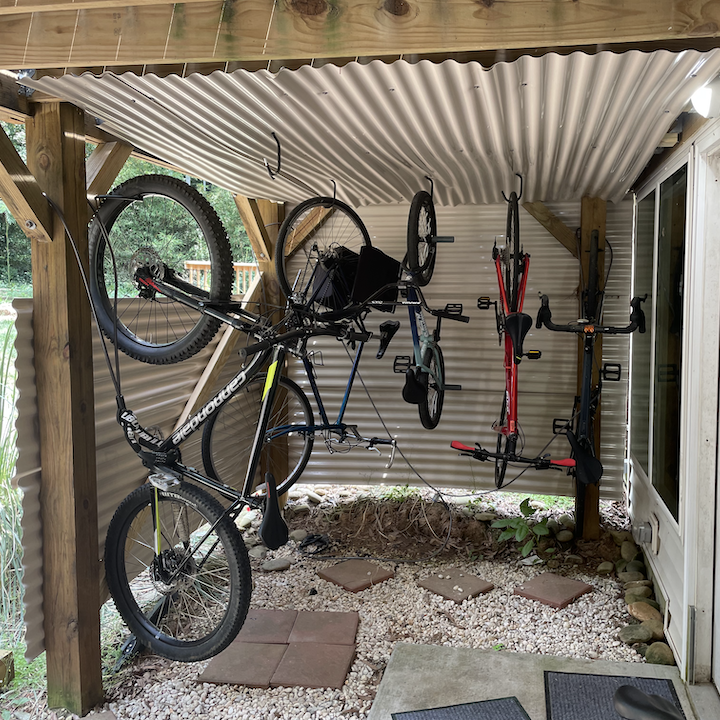
At Green Hill we are proud that our residents have an opportunity to pursue their passions in recovery, and feedback from residents tells us this support goes a long way at making recovery feel meaningful.
As an example, Will told us: “I feel Green Hill does a great job in helping incubate client ideas and energy in a positive way.”
Drew also found his passion project work at Green Hill very rewarding. He says: “It was great to revive my woodworking skills for our bike rack, and I enjoyed giving back to the house. It really felt like I accomplished something.”
We believe our cultural commitment to building exciting and fulfilling lives is key to our identity. We find that lasting recovery rests not in the absence of relapse alone, but in rediscovering the things which make our lives exciting as well. Drew and Will certainly accomplished something special and we thank them for leaving their mark on the Green Hill community.
